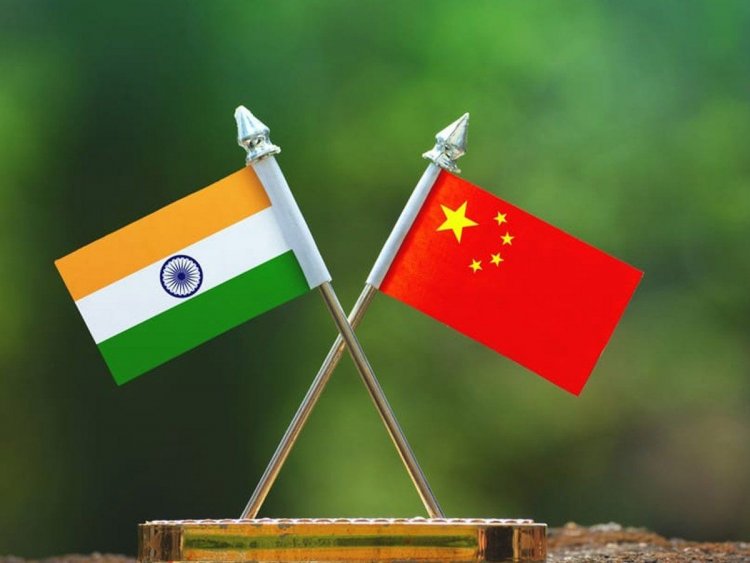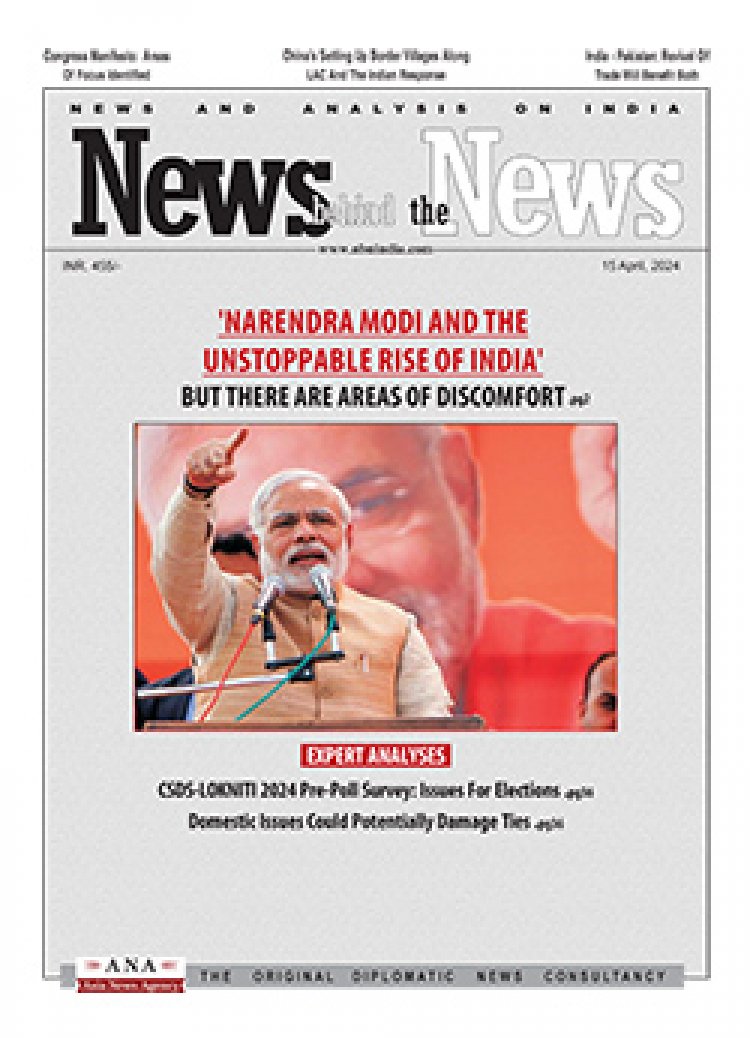India - China: Diplomacy and Multilateral Military Exercises
STORIES, ANALYSES, EXPERT VIEWS

India has been carrying out bilateral and multilateral military exercises with the US, China, Russia and a long list of nations mainly from Europe and Asia. However, writes Lt Gen (Dr) Prakash Menon retd. (Director, Strategic Studies Programme, Takshashila Institution; former military adviser, National Security Council Secretariat) “the deepening and expanding friction points of the global divide are posing greater challenges for India’s ability to maintain a strategic posture that seeks context and issue-based cooperation."
Participating in the Russian hosted ‘Vostok’ 2022
Amidst the three-week-long, 13th Indo-US Joint Special Forces Exercise ‘Vajra Prahar’ 2022 is underway in Himachal Pradesh, there are unconfirmed reports of India’s participation in the Russian-hosted ‘Vostok’ 2022 slated from 30 August to 5 September.
Russia has been conducting multilateral exercises like Vostok 2022 since 2009. India and China have also conducted eight bilateral exercises named ‘Hand-in-Hand’. Though none were held in 2017 due to the Doklam crisis, it was resumed in 2018 and followed up in 2019. The Ladakh aggression in 2020 put an end to all such cooperative ventures.
China’s defence ministry has now confirmed that Chinese troops will be participating in Vostok 2022, which will include India and other countries. The ministry also stated that the exercises were unrelated to the current international and regional situation and were part of an ongoing annual bilateral cooperation with Russia. As per Russia, the stated aim was to deepen practical and friendly cooperation with the armies of participating countries, enhance strategic collaboration and strengthen the ability to respond to various security threats. India, writes the former General “says does not fit into such a strategic framework and it seems incongruous with the commonality of interests that underpin the political foundation of joint military exercises.”
China-US rivalry presents opportunities and challenges for India
It is evident, argues Menon “that as the China-US rivalry deepens, the complexities of India’s relationships with the US, Russia and China will present both opportunities and challenges. The main opportunity lies in evading the path of being drawn into what is in essence a China-US power struggle…….The challenge for Indian Statecraft is to navigate the waters of global geopolitical turbulence while protecting its growth and development.”
India’s balancing act
With China and Russia teaming up against the US-led West, “India has sought to straddle both camps, reflected in its membership in groupings like SCO, Brazil-Russia-India-China-South Africa (BRICS), Russia-India-China (RIC) and the Quadrilateral Security Dialogue (QUAD). It is also manifested in the plethora of India’s participation in multilateral military exercises. After the Ladakh crisis in 2020, the weight of India’s strategic orientation in multilateral fora has shifted towards the US and its allies though it continues to retain its presence in groupings that include Russia and China.”
A multipolar world order must continue to be India’s preferred pathway: Menon suggests “seeking a multipolar world order must continue to be India’s preferred pathway. Therefore, however incongruous India’s participation in Vostok 2022 might look in the light of China’s participation with troops and the aims of the military exercise, there is room for India to take part as an observer—a status that retains our presence while signalling distance. In the prevailing global geopolitical ambience, the observer status as a preferred choice would amount to strategic communication that could conform to India’s long-term vision of multipolar world order.”
The real threat is from China
India, should however, not loose sight of the real threat from China. Sixteen rounds of inconclusive talks, writes Abhijit Bhattacharyya (author and Columnist) “reveal its false diplomacy through meaningless, coercive discussion, making a mockery of the actual bilateral diplomacy between the two. Hans simply intend to buy time to strengthen the logistics for a protracted psychological war, to be followed by bombs and missiles in formidable heights to unsettle the adversary into submission. The tactics also include organising people under civilian cover to settle them in the occupied territory of the border, for use as primary screening and surveillance for advance information…….
“Thus, the near monopoly of Beijing on the India-China bilateral, and now the unprecedented hostility to the world, has created a danger to Delhi’s defence, finance and diplomacy. China has been assaulting India through the western neighbour for long; the invasion in 1962; instigating the North-East and eastern India unrest since the 1960s; and in the 21st century, penetrating industry, banking, finance, trade, investment and creating criminals to wreak havoc in the heartland through cyber and other means and inflicting a blow to power, telecommunication and military.”















